Let’s be honest — the “SSD vs HDD” debate has been going on for years. Some people swear by the speed of SSDs, others love the old-school reliability (and price) of HDDs. But in 2025, which one actually gives you the best bang for your buck?
Speed: SSDs are miles ahead
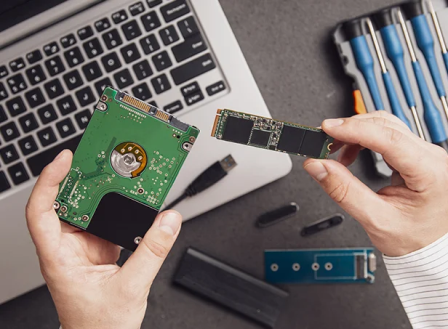
Alright, no surprise here — SSDs are insanely faster. Booting up Windows on an HDD feels like watching paint dry. On an SSD? Your system’s ready before you’ve even taken a sip of coffee.
To give you an idea, a decent SATA SSD can hit around 500 MB/s read speed. A classic HDD? More like 100 to 150 MB/s. And if you go for an NVMe SSD, we’re talking up to 3500 MB/s on a good day. It’s not even a fair fight anymore.
Whether you’re editing videos, playing games, or just opening Chrome with 20 tabs, you feel the difference instantly. It’s one of those upgrades that makes you wonder why you waited so long.
Price: HDDs still win on pure storage value
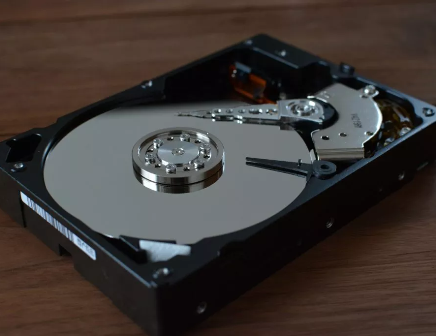
Here’s the catch: SSDs are still pricier per gigabyte. Prices have dropped like crazy over the past few years, sure, but HDDs are unbeatable when it comes to storing tons of data on a budget.
Right now, you can find a 1TB HDD for around £35, while a 1TB SSD will set you back roughly £50–£70 depending on the brand. That gap used to be huge; now it’s shrinking. But if you need 4 or 8 terabytes for backups, media libraries, or surveillance footage, HDDs make way more sense financially.
In short: if you’re hoarding data, go HDD. If you care about performance, go SSD. Simple as that.
Durability and reliability: a bit of a plot twist
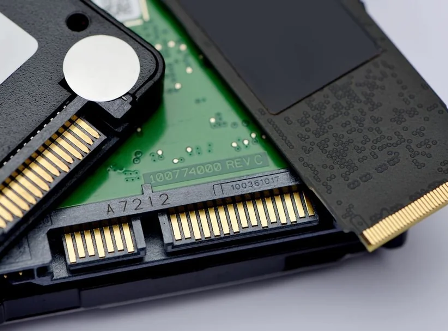
People used to say SSDs wear out faster. And, technically, that’s true — flash memory has a limited number of write cycles. But unless you’re writing terabytes of data every single day (you’re not, right?), a modern SSD will easily last 5–10 years.
What’s more, HDDs have moving parts — little spinning disks, magnetic heads, the whole mechanical circus. Drop your external drive once, and poof, goodbye files. SSDs have no moving parts, so they’re more resistant to shocks and heat.
Personally, I’ve had more HDDs die on me than SSDs. Coincidence? I doubt it.
Noise and heat: silence is golden
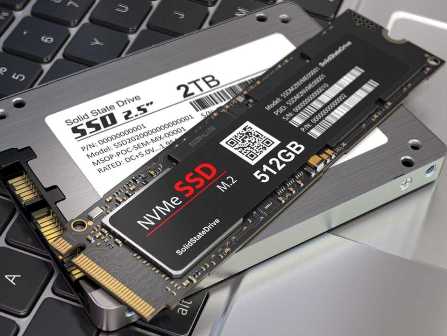
This one’s easy. SSDs are completely silent. HDDs, on the other hand, hum, click, and sometimes even sound like they’re grinding coffee beans. It’s not the end of the world, but once you’ve gone full SSD, going back feels… loud.
SSDs also run cooler. Less heat means less stress on your components, especially in compact builds like laptops or mini PCs.
So, which one is more “worth it” in 2025?
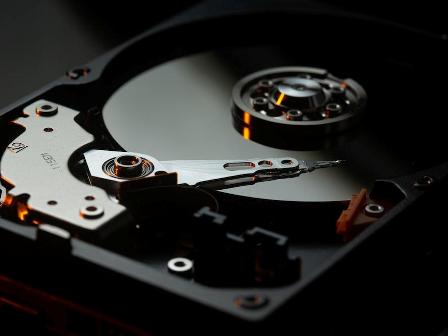
Honestly, it depends on what you do.
- For everyday use — SSD, 100%. You’ll feel the speed boost immediately.
- For gamers — SSD again, especially for load times. A 1TB SSD for your OS and games, and maybe an HDD for backups? Perfect combo.
- For media storage or backups — HDDs still shine. They’re cheap, and reliability is solid for long-term use.
But here’s the thing: prices are closing in. SSDs keep getting cheaper, while HDDs haven’t really evolved in years. So if you’re building or upgrading a PC in 2025, SSDs are now the default choice. HDDs are just… there, waiting in the corner for bulk storage duty.
Final thoughts
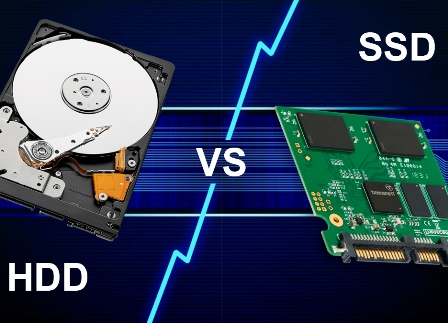
So, SSD vs HDD — who wins? Let’s call it like it is: SSDs have taken over. They’re faster, quieter, and increasingly affordable. HDDs still have a place, but it’s more like a storage warehouse, not a main drive.
My advice? Go hybrid if you can. One solid SSD for your system and apps, and a big, cheap HDD for your archives. You’ll get the best of both worlds — speed and space. And honestly, that’s what feels the most “worth it” today.

